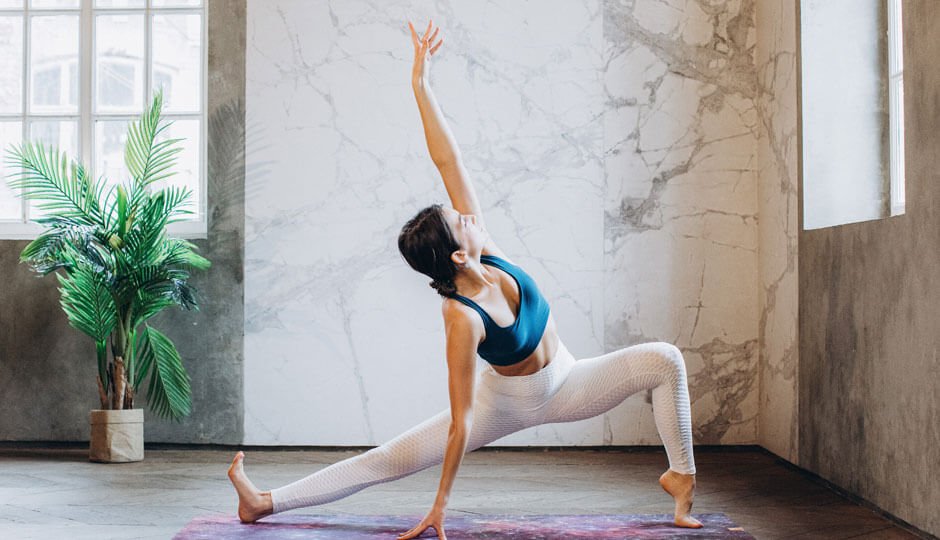Anxiety can be overwhelming, but there are natural ways to manage it effectively. By incorporating simple strategies into your daily routine, you can reduce anxiety and promote a sense of calm. Here are 10 tips to help you manage anxiety naturally:
1. Practice Deep Breathing
- Tip: Deep breathing exercises can help calm your nervous system and reduce anxiety. Try inhaling deeply through your nose, holding your breath for a few seconds, and exhaling slowly through your mouth. Repeat this several times until you feel more relaxed.
2. Engage in Regular Physical Activity
- Tip: Exercise is a powerful stress reliever that can help reduce anxiety by releasing endorphins, the body’s natural mood elevators. Aim for at least 30 minutes of moderate exercise most days of the week, whether it’s walking, jogging, yoga, or dancing.
3. Practice Mindfulness Meditation
- Tip: Mindfulness meditation involves focusing on the present moment without judgment. It can help reduce anxiety by grounding you in the present and interrupting negative thought patterns. Start with just a few minutes each day and gradually increase the time as you become more comfortable.
4. Limit Caffeine and Sugar Intake
- Tip: Caffeine and sugar can exacerbate anxiety by increasing your heart rate and causing energy spikes followed by crashes. Try to limit your intake of coffee, energy drinks, and sugary snacks, especially if you notice they make you feel jittery or anxious.
5. Establish a Relaxing Bedtime Routine
- Tip: Poor sleep can worsen anxiety, so it’s important to establish a calming bedtime routine. Avoid screens before bed, and instead engage in relaxing activities like reading, taking a warm bath, or practicing gentle stretching.
6. Stay Connected with Loved Ones
- Tip: Social support is crucial for managing anxiety. Stay connected with friends and family, and don’t hesitate to reach out for support when you need it. Talking about your feelings with someone you trust can help you gain perspective and feel less isolated.
7. Incorporate Relaxation Techniques
- Tip: Techniques such as progressive muscle relaxation, where you tense and then slowly release each muscle group, can help reduce physical tension and anxiety. Other relaxation methods, like aromatherapy or listening to soothing music, can also be effective.
8. Practice Journaling
- Tip: Writing down your thoughts and feelings can help you process and release anxiety. Try journaling for a few minutes each day, focusing on what’s on your mind and how you’re feeling. This can also help you identify patterns and triggers in your anxiety.
9. Maintain a Balanced Diet
- Tip: A well-balanced diet can impact your mood and energy levels, helping to reduce anxiety. Focus on whole foods like fruits, vegetables, lean proteins, and healthy fats, and try to avoid highly processed foods that can cause blood sugar fluctuations.
10. Set Realistic Goals and Prioritize Self-Care
- Tip: Setting realistic goals and taking time for self-care can reduce anxiety by preventing overwhelm. Break tasks into manageable steps, and make sure to prioritize activities that bring you joy and relaxation, such as hobbies, spending time in nature, or practicing a creative outlet.
Conclusion:
Reducing anxiety naturally involves a combination of physical, mental, and emotional strategies. By integrating these 10 tips into your daily routine, you can create a more balanced and peaceful life. Remember, it’s important to be patient with yourself as you explore what works best for you. With consistent practice, you’ll find ways to effectively manage and reduce anxiety, leading to a calmer and more fulfilling life.

